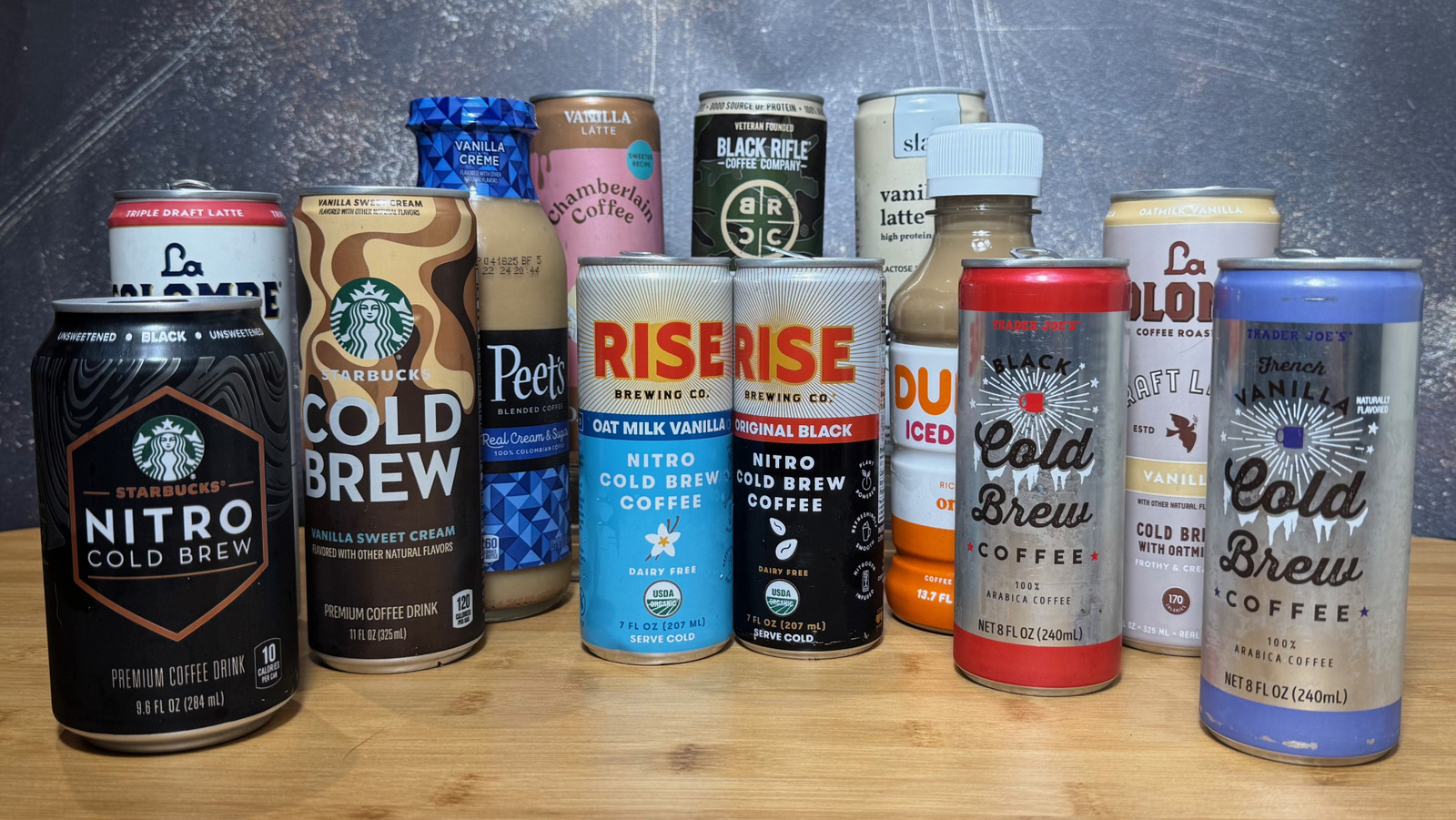On July 21, President Biden dropped out of the 2024 presidential race and endorsed Vice President Kamala Harris as the Democratic presidential nominee to take on Donald Trump in November.
The news was historic. VP Harris became the first woman of color to lead a major party ticket. For many, this history-making moment was felt on a deeper level. While VP Harris’s style has widely been discussed, her openness about her hair-care routine has been significant and has resonated with Black women and other women of color.
“VP Harris is an important symbol in politics and American history, specifically at this time, because she represents Black representation at the highest level,” said Zenda Walker, author, licensed cosmetologist and textured hair educator. “What’s important about that, especially in how she carries herself and her image, is that Black women and women of color get to see themselves in her. … Whether we wear our hair natural, straight or in braids, … black women’s [choice of] hair is [seen as empowering].”
Black women have had a nuanced and often complicated relationship with hair. Although an estimated 65% of the U.S. population identifies as having textured hair, Black textured hair, specifically, has long been overlooked by brands, discriminated against in the workplace and, until recently, underrepresented in the media.
A February 2023 report from Dove and LinkedIn revealed that Black women’s hair is nearly three times more likely to be perceived as unprofessional. The report also showed that Black women are 54% more likely to feel that they have to wear their hair straight to a job interview to be successful. The mistreatment and inherent bias many Black girls and women have faced because of their natural hair is partly what contributed to the rise in straight hairstyles, including VP Harris’s signature silk press.
“If [VP Harris] chose to wear her hair [curly], the controversy wouldn’t come from Black women, it would come from other people. That’s why so many people are advocating for the CROWN Act to be enacted in all 50 states,” said Quani Burnett, founder of textured hair-care brand Soft Rows. As of this year, the CROWN Act, which was created to prohibit race-based hair discrimination, has been passed in 26 U.S. States. Inspired by the CROWN Act, in 2021, Louisiana became the first state to mandate all cosmetologists to receive textured hair education. Since then, the bill has passed in New York, Connecticut, New Jersey, and most recently, in Minnesota, where Governor Walz signed it into law in May. The bill is currently pending in California, according to Edwin Neill, CEO of Aveda Arts & Sciences Institutes and its parent company Neill Corporation.
The silk press first gained popularity in the early 1900s when many Black women wore the straight hairstyle as a means of survival and assimilation in society. The style — achieved by using hot tools such as hot combs, flat irons and blow dryers — gave Black women an option to temporarily straighten and add a silky, sleek shine to their hair for work and special occasions. It provided an alternative to chemical relaxers, which deliver more permanent results and have been linked to hormone-related cancers, including breast cancer, ovarian cancer and uterine cancer.
Continue reading this article on glossy.co. Sign up for Glossy newsletters to get the latest on the business of beauty, fashion and pop culture.












 English (US) ·
English (US) ·